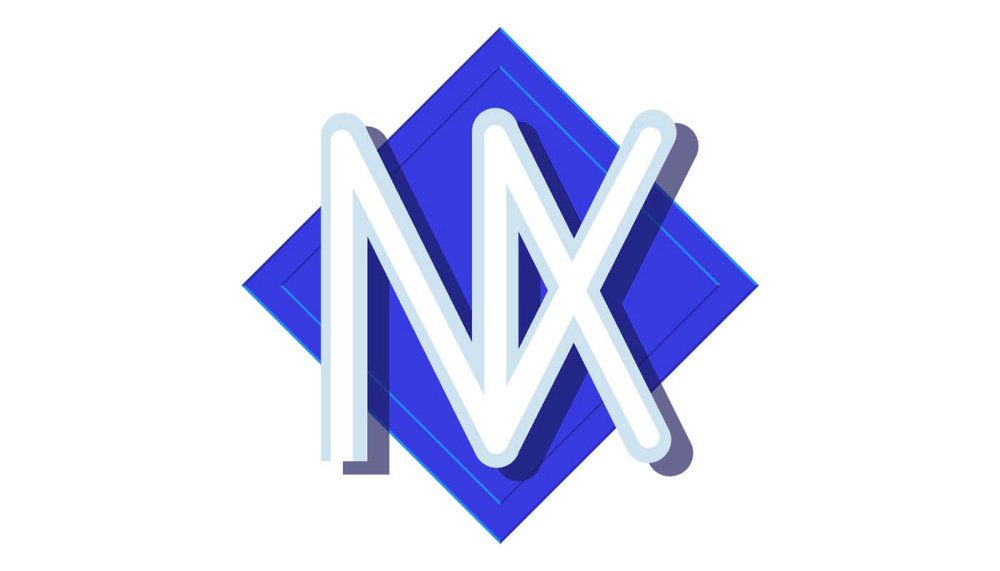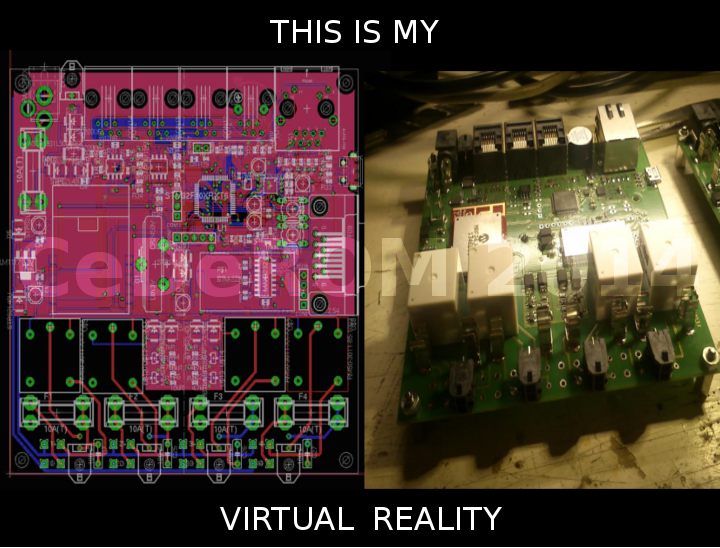It is my great honor to become a PMC (Project Management Committee) member in the Open-Source Apache NuttX RTOS [1]. Thank you for inviting me into this great community and totally amazing project! :-)
NuttX is a real-time operating system (RTOS) with an emphasis on standards compliance and small footprint. Scalable from 8-bit to 64-bit microcontroller environments, the primary governing standards in NuttX are Posix and ANSI standards. Additional standard APIs from Unix and other common RTOS’s (such as VxWorks) are adopted for functionality not available under these standards, or for functionality that is not appropriate for deeply-embedded environments (such as fork()).





